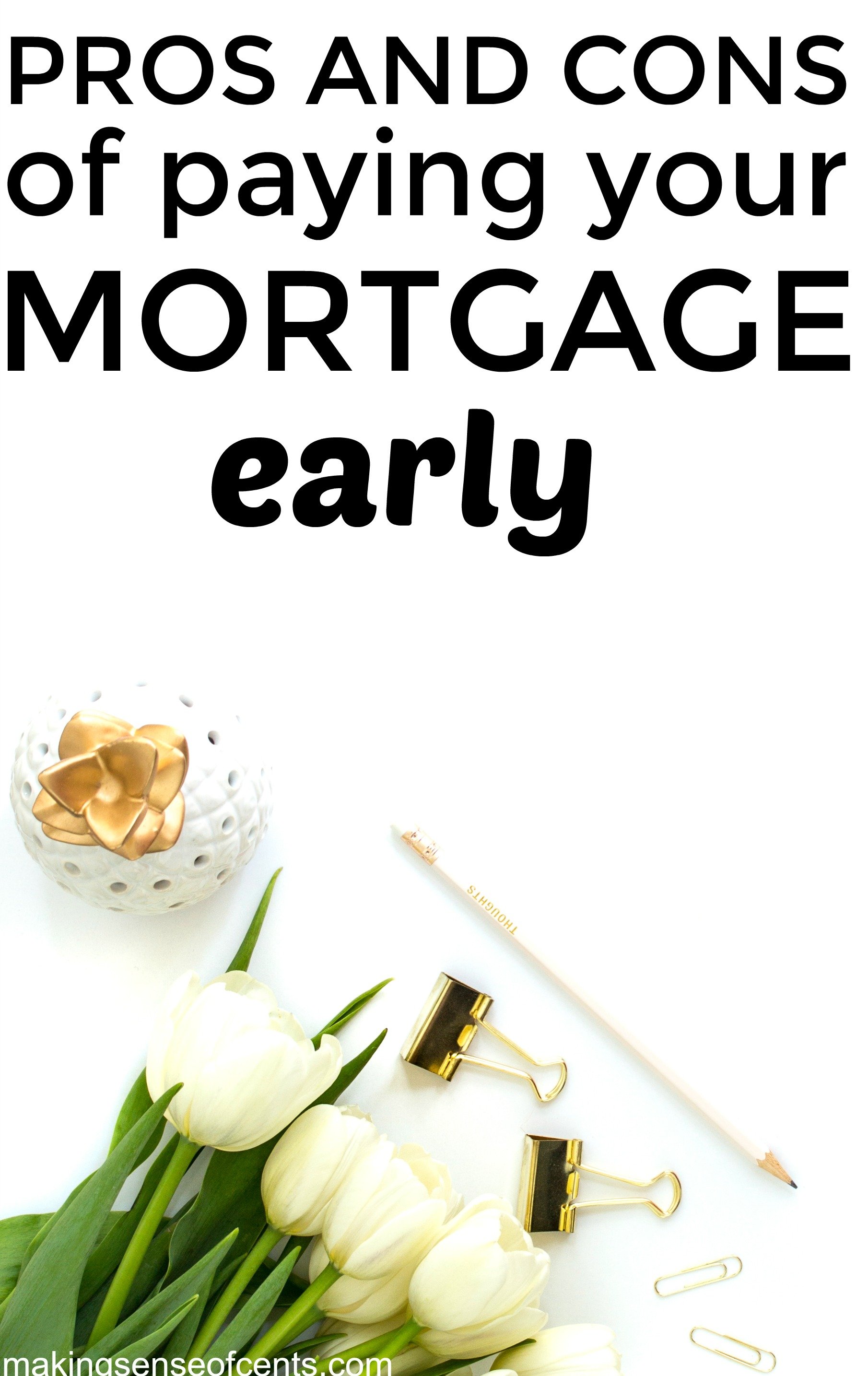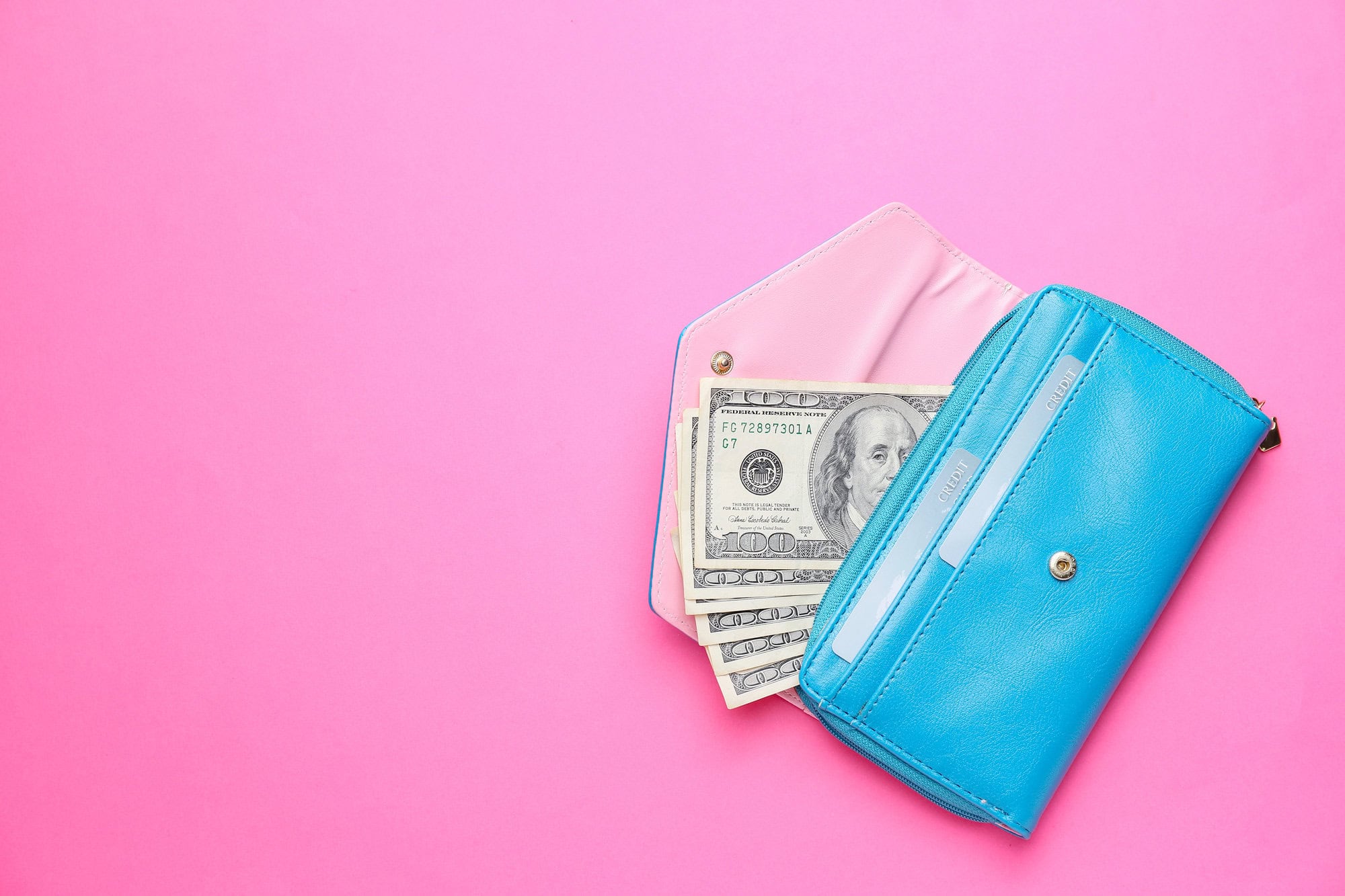 Should we pay off our house early? What about the next house? Don’t worry guys, we haven’t bought our next house just yet. We’re keeping our current one for at least another 12 months.
Should we pay off our house early? What about the next house? Don’t worry guys, we haven’t bought our next house just yet. We’re keeping our current one for at least another 12 months.
However, we have been thinking about whether we should pay off our current house quickly (we have been debating whether we want to rent it out or not – if we decide to sell then we of course wouldn’t pay off the current house quickly) and even whether or not we should pay off our next house quickly as well.
Our income has increased by a lot over the past couple of years, and I talked about this in my post from last week Financial Goals and Increased Income – Many Changes. Because of the increased income, it is hard not to think about just throwing everything extra (after student loans and retirement) towards our mortgage.
We’ve been making around $8,000 extra each month because of all of our side hustles, and it’s hard to not want to pay down all debt, regardless if someone thinks that it is good or bad debt.
Earlier this month, Holly made a post about how she wrote a check for $8,700 so that they could pay down their mortgage a little more quickly. Most people were extremely happy for her and her family, but of course there are others out there who would rather pay down their mortgages slowly. Crystal also recently made a post about how they paid off their first house recently, WOOHOOO!
I have calculated it over and over again, and we could pay off our current house early next year if we wanted to. WHATTT? Then why would you even want to buy a second house?!
This is something that I’ve/we’ve been asked often. We love our house, but we bought it when we were 20 years old. It’s a great home, but we bought it knowing full well that it was only a starter home for us.
Anyway, I do have my Finance MBA and realize that I should be using debt to my advantage, such as with taking advantage of historically low interest rates (boy, do I sound like a commercial). But there’s that nagging inside my head that keeps saying “MORTGAGES ARE DIFFERENT! Pay that baby off!”
Advantages of Paying off Your Mortgage Early
The main advantage is that if I pay off my mortgage, at that point it would mean that we would have no other debt. That just sounds awesome.
And, I’m the type of person who keeps a large amount in our emergency fund. Even though we will probably never have to tap into it, I still want it. I like the comfort of knowing that it’s there, and that if something did come up, I wouldn’t have to run around with my head chopped off trying to solve whatever went wrong.
And this is how I see paying off our mortgage early. I see freedom, comfort and everything else. Yes, I do realize that paying off our next house completely is years away (hopefully less than 5 years from the purchase date though) and that there are other costs of having a home such as property taxes and home insurance which will still need to be paid even though we would no longer have a house payment. However, having a big chunk completely eliminated from our budget every month sounds nice.
Once my student loans are gone, which should be next month, then I of course want somewhere else to shovel my money. We do have car loans, but that is at a low rate (much lower than our mortgage), and I’m not worried at all about paying those off. I am not saying that I want to shovel 100% of all leftover money towards paying off our next house quickly. We would still save for retirement and other fun things, but we would also make extra payments as much as we can as well.
If you have a high interest rate on your mortgage, it is probably worth it to pay off your loan as well or at least get it refinanced. However, it doesn’t seem like I hear about too many people with high interest rates on their mortgage these days though.
Advantages of Paying off Your Mortgage Slowly
There are many advantages of paying off your mortgage slowly or just making the normal payment every month. You can invest your extra cash elsewhere and earn a higher rate since today’s interest rates are very low, especially when you factor in inflation. If you have a fixed rate loan, then a $1,000 payment today will still be a $1,000 payment 30 years from, but with inflation 30 years from now, $1,000 will be nowhere near the amount that it is worth today.
If you don’t pay off your mortgage quickly and put it in other investments, then all of your money won’t be tied into one thing, which is real estate. This point doesn’t really apply to us, as we would be working on paying it off quickly, but we would still aim to be saving for retirement at a larger rate. But for others who shovel 100% of their money towards their mortgage, this could be a problem if they needed a large chunk of change at the last second. Then there is of course the tax factor and how you can deduct interest expense as well.
If you have loans at a high interest rate (or anything higher than your mortgage), are not saving for retirement at all, have no emergency fund and so on, then making mortgage repayment your priority might not be the best option. Pay off those high interest loans!

Leave a Reply